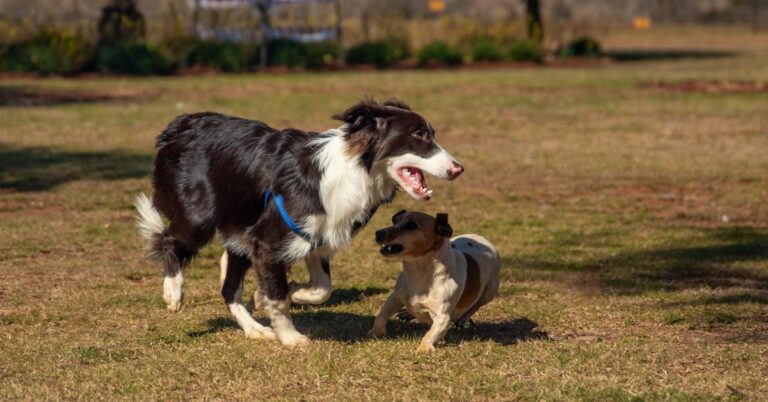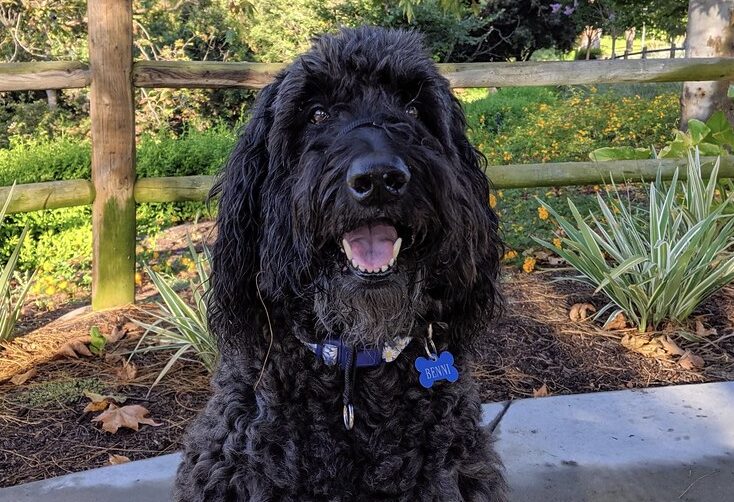10 Everyday Habits That Make Life Harder For Your Pet

Ever wonder what your pet would say if they could talk? Maybe a frustrated “Seriously? Again with the late dinner?” or an exhausted “I’d love to nap, but you keep switching up my routine!” Our four-legged friends may not use words, but their behaviors often tell us everything we need to know. Let’s dive into the everyday missteps that might be making life harder for your pet and, more importantly, how to fix them!
Silent Signals Often Go Unnoticed

A tail flick or ear movement carries meaning. That wagging tail isn’t always playful, and purring doesn’t invariably signal happiness. Ignoring subtle gestures can cause frustration and anxiety to accumulate. Understanding silent communication strengthens relationships built on trust.
Common Feeding Mistakes

A small treat may seem harmless until problems arise. Chocolate or grapes can turn dangerous, while oversized portions trigger lethargy or obesity. Proper nutrition promotes health while preventing common ailments. On the other hand, a properly nourished companion feels satisfied and genuinely thrives.
Fear-Based Training Causes Harm
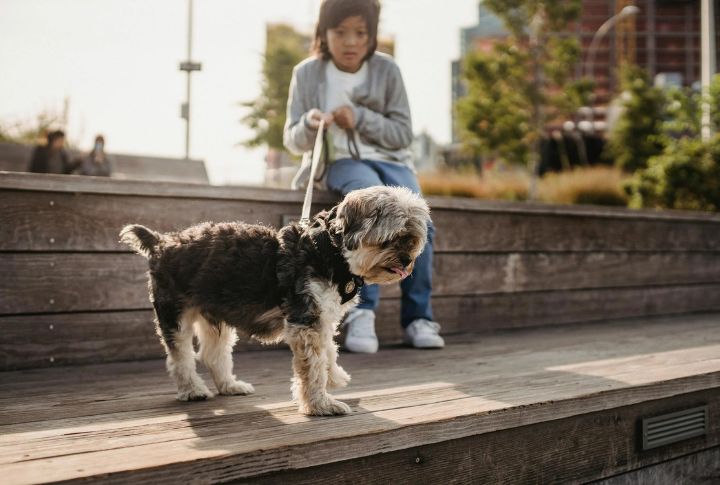
Raised voices or harsh leash pulls confuse and weaken trust. Kindness achieves better results than intimidation. Rewarding positive behavior instead of punishing encourages learning through confidence. Motivated learners consistently outperform nervous followers. Now, you know a willing learner is always better than a fearful follower.
Missed Vet Visits Matter
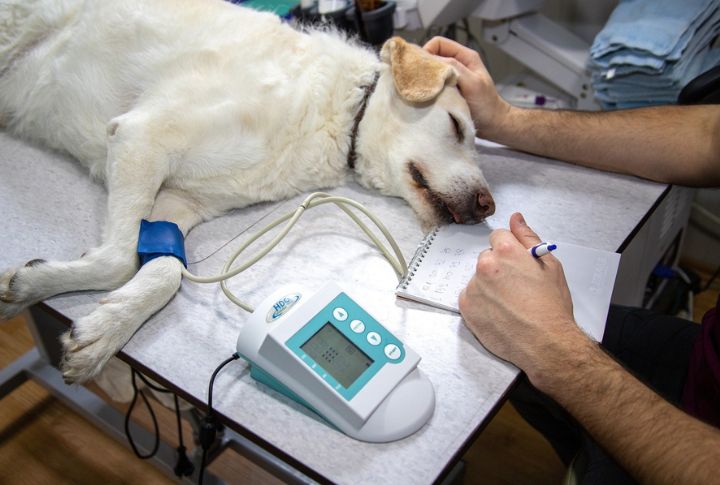
Animals frequently hide discomfort until symptoms become severe. By the time limping or appetite loss appears, a serious issue may already exist. Therefore, routine veterinary visits are essential to identify health problems early. Preventive care supports longevity while avoiding heartache and unexpected expenses.
Lack of Mental Stimulation

Boredom affects animals just like people. Without adequate stimulation, restless energy manifests as scratched-up doors or endless barking. Interactive toys and training activities keep pets mentally engaged. An occupied mind stays away from mischief and promotes positive behavior.
Delayed Social Skills Training
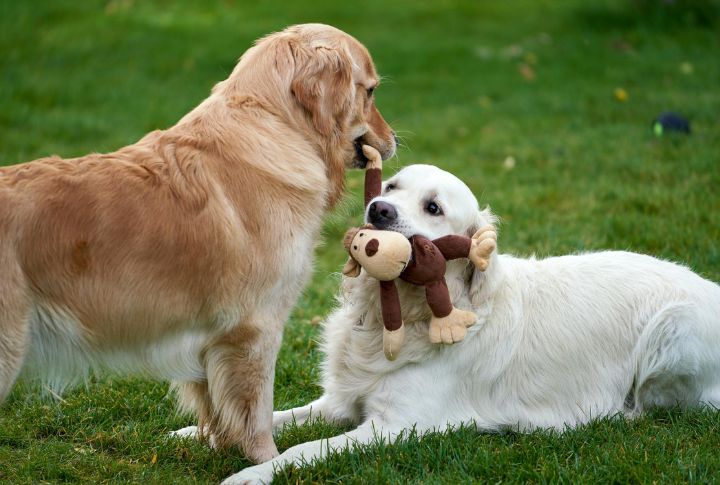
New experiences can feel overwhelming if they come too late. That’s why puppies and kittens need early exposure to different sights, sounds, and people. The more positive experiences they have, the more confident they’ll be as adults. A familiar world means fewer fears down the road!
Insufficient Physical Exercise
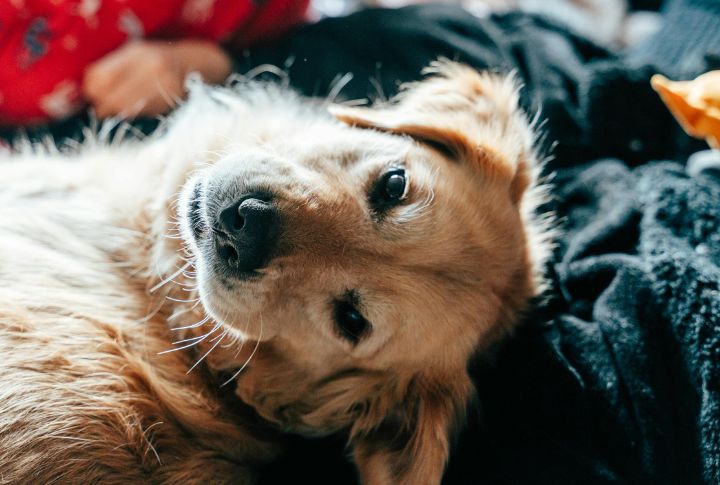
Daily walks offer more than exercise—they deliver genuine joy. In contrast, a lack of activity leads to destructive behaviors like chewing furniture or pacing restlessly. Each breed demands different exercise levels, but all pets need adequate movement. Active bodies sleep peacefully, which leads to calmer temperaments overall.
Poor Equipment Choices

Tight collars, bulky harnesses, or retractable leashes can cause irritation or even injury during walks. This is why you need well-fitted gear that provides ease and security while allowing better control. The right equipment turns an ordinary walk into an enjoyable experience for both pets and owners.
Overlooked Signs of Stress

A trembling pup during fireworks or a nervous hider in new places? That’s anxiety, not just a “dog thing.” This tends to show up as nonstop pacing, whining, or even obsessive licking. The more you understand what sets them off, the better you can help them stay calm. Just like us, they deserve a little stress relief, too!
Disrupting A Stable Routine

Random meal times, surprise outings, and erratic sleep schedules can leave pets feeling unsettled. A steady routine creates safety and makes life smoother for everyone. When pets know what to expect, they feel more confident, and stress levels drop. A little structure goes a long way for both them and us!
